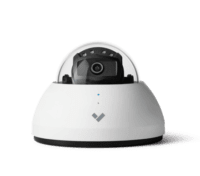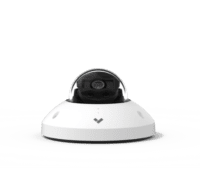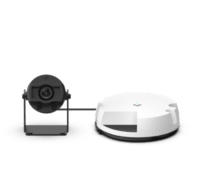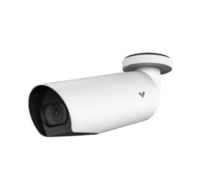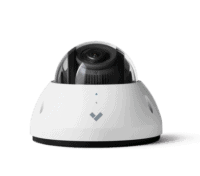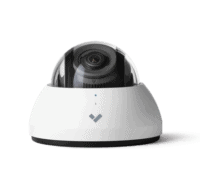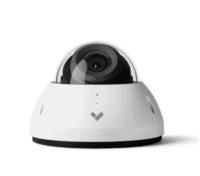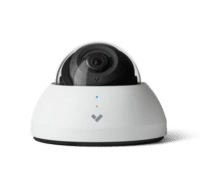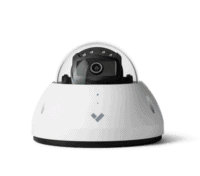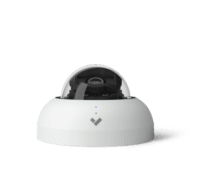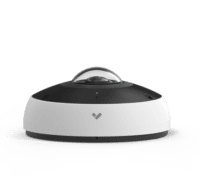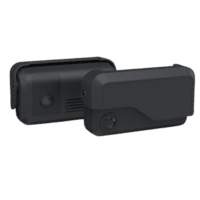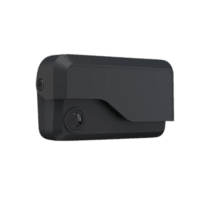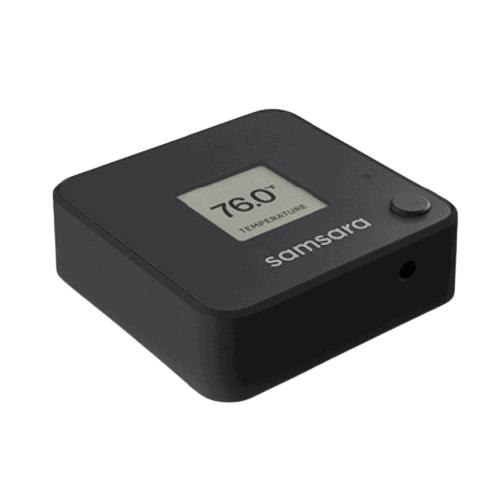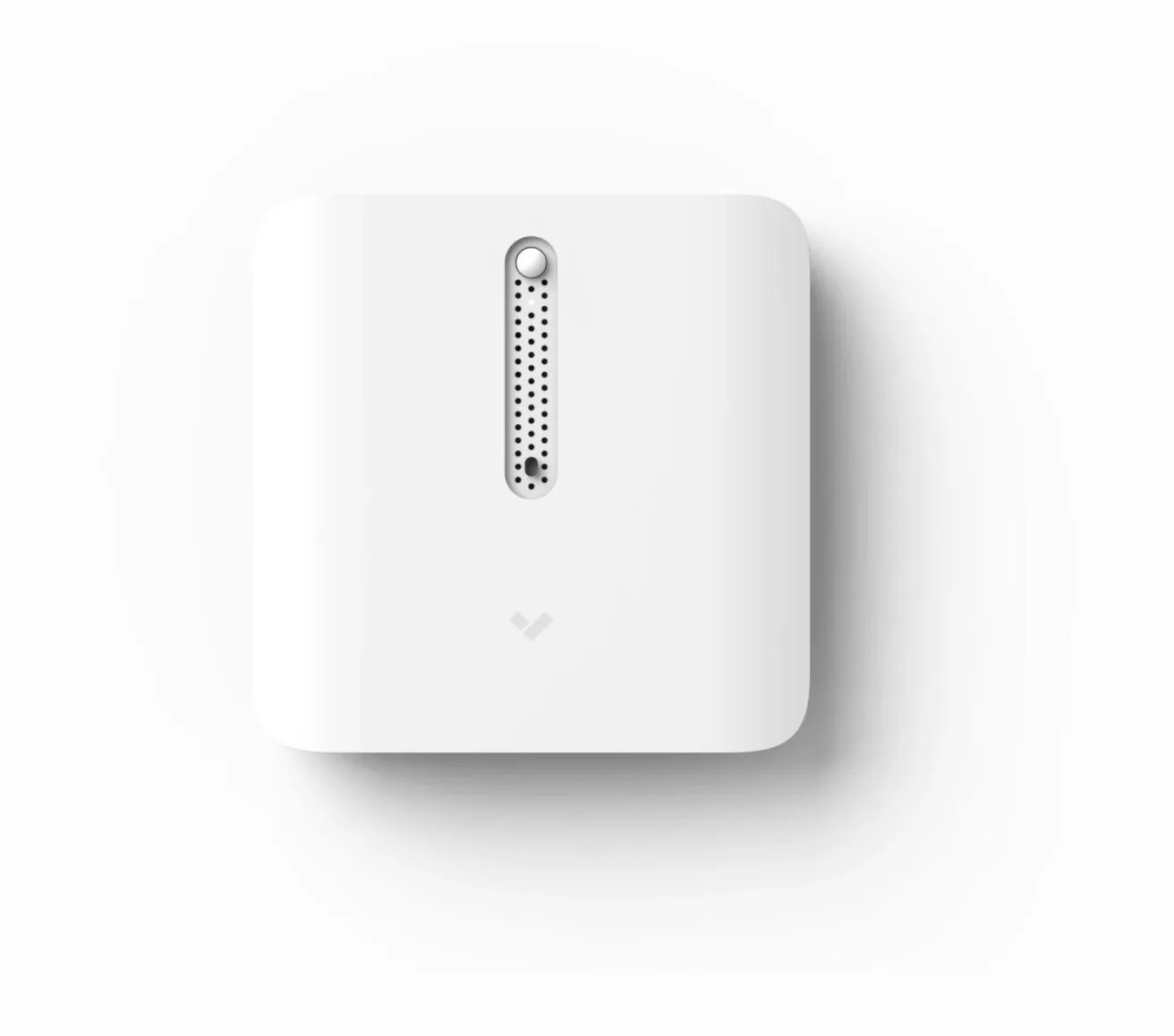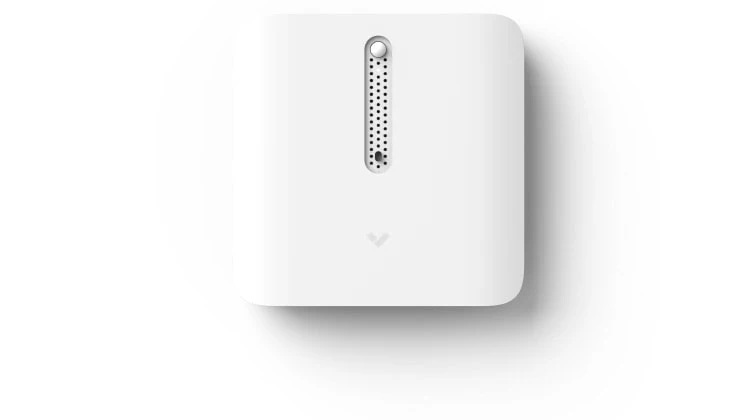Your cart is empty.
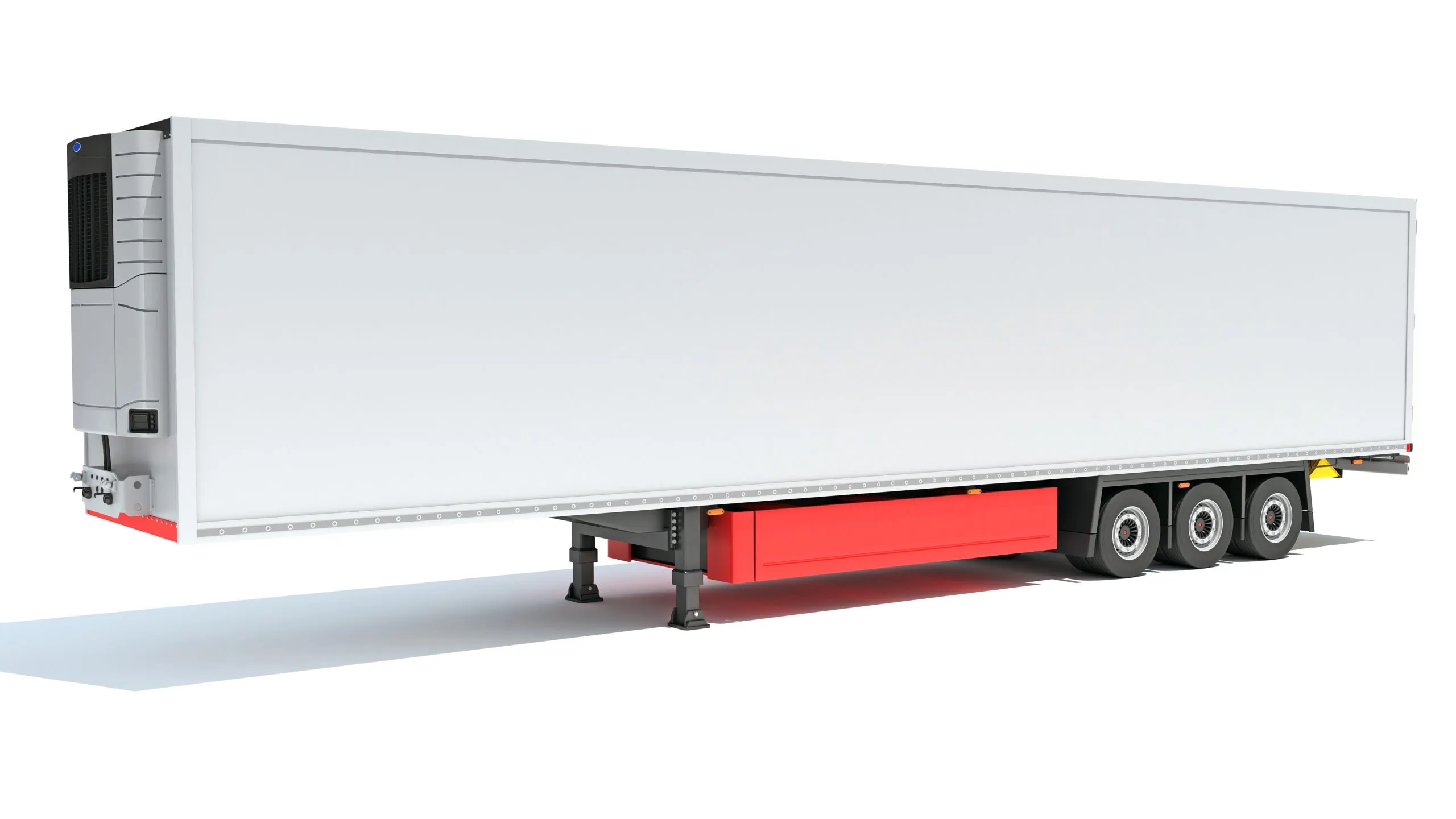
Environmental Sensors
Environmental sensors are an essential tool for monitoring and protecting your equipment. They track temperature, humidity, and other factors to prevent damage and ensure safe operation. Our top-of-the-line environmental sensors provide reliable monitoring to keep your equipment running smoothly. If you want to learn more about how these sensors can benefit your business, schedule a call with one of our experts now. They can answer your questions and help you find the best solution for your needs.
Samsara Environmental Sensors
Cargo monitoring with environmental sensors can help ensure the safety and integrity of your shipments. By tracking temperature, humidity, and other factors, these sensors can alert you to any changes that may compromise the quality or condition of your cargo. This can be especially important for perishable or temperature-sensitive items, as small changes in the environment can have a big impact on their quality. In addition to providing real-time monitoring, environmental sensors can also provide historical data that can help you optimize your shipping and storage processes. If you’re interested in implementing cargo monitoring with environmental sensors, our experts can help you find the perfect solution for your needs.
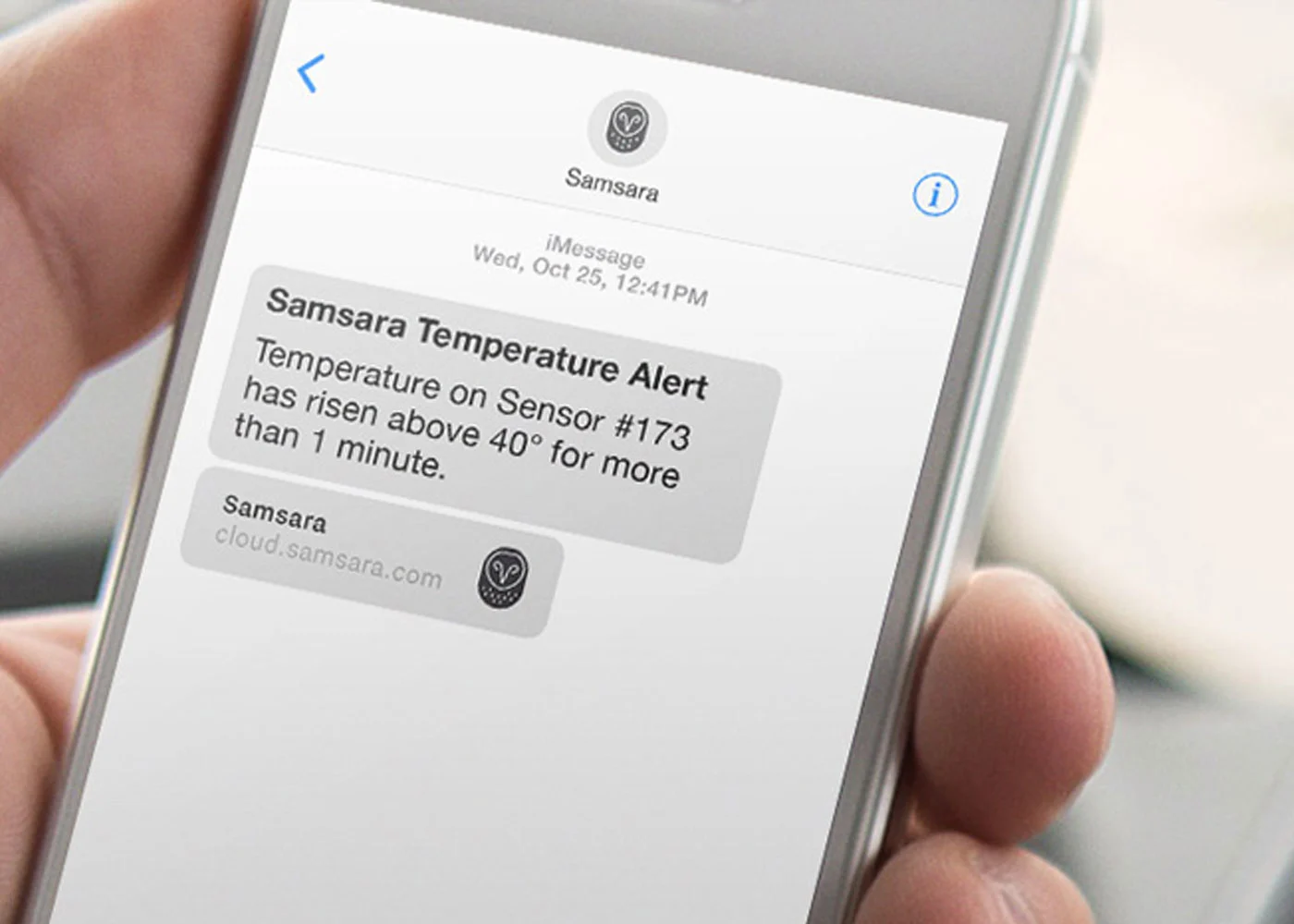
Samsara Environmental Sensor
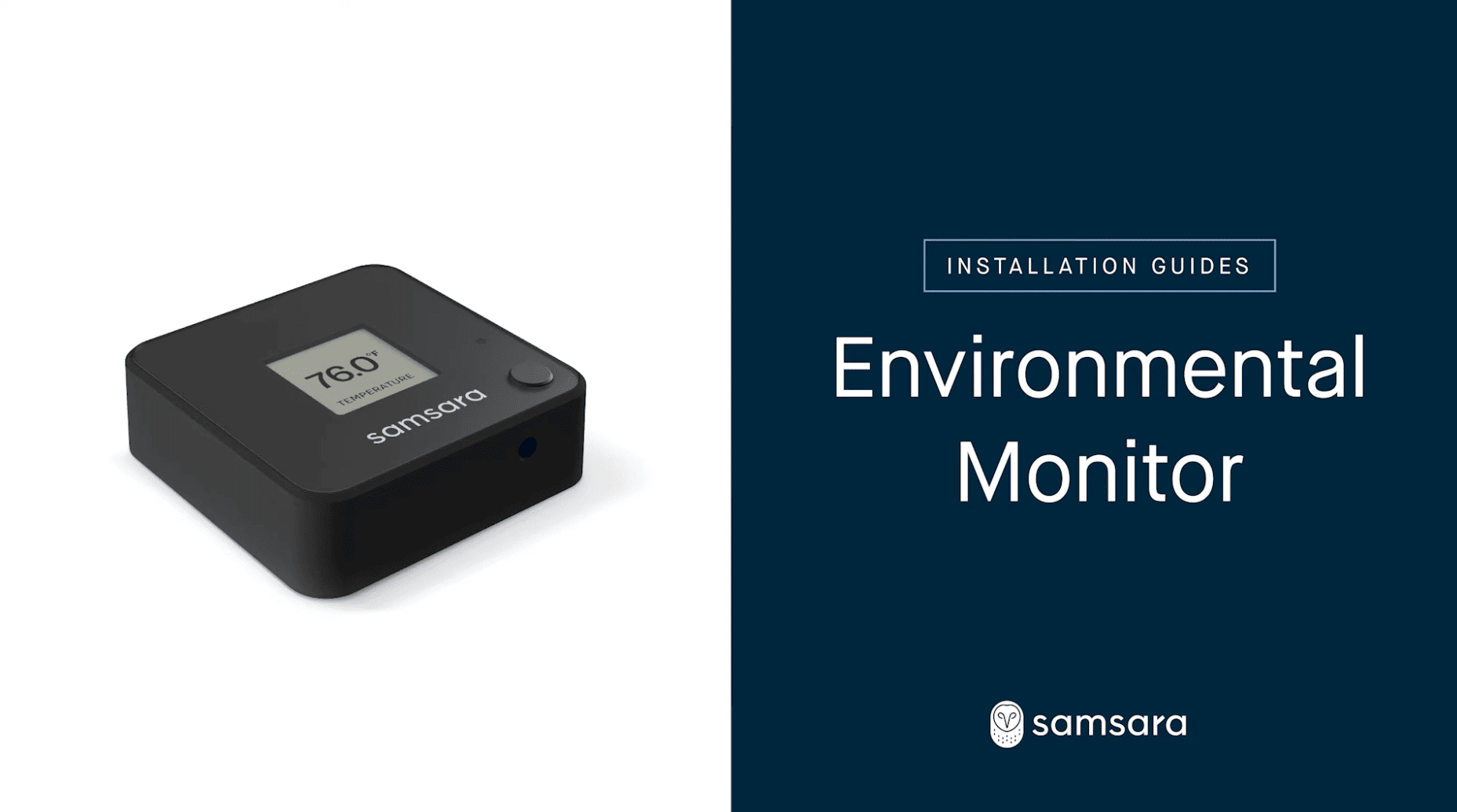
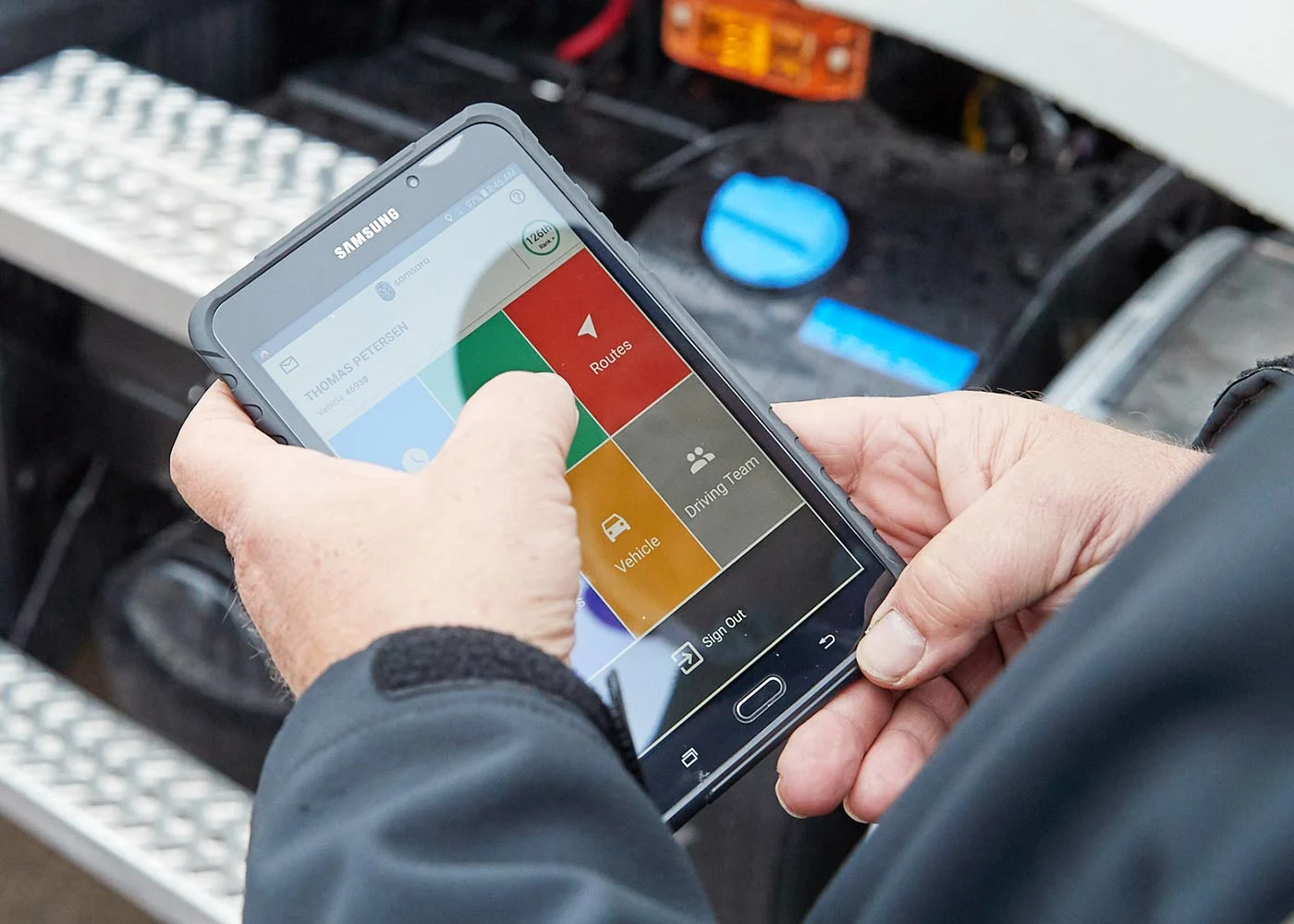
Samsara
What is an environmental sensor?
An environmental sensor is a device that measures and records data about the environment, such as temperature, humidity, and air quality.
Why are environmental sensors important?
Environmental sensors are important because they can help protect equipment, products, and people from damage or harm caused by changes in the environment.
What can environmental sensors be used for?
Environmental sensors can be used for a variety of purposes, including monitoring and controlling temperature and humidity in warehouses, laboratories, and other facilities; monitoring air quality in buildings and vehicles; and tracking the conditions of shipments during transportation.
What types of environmental sensors are available?
There are many different types of environmental sensors, including temperature sensors, humidity sensors, air quality sensors, and pressure sensors.
How do environmental sensors work?
Environmental sensors work by measuring various physical properties of the environment, such as temperature, humidity, or air quality, and converting that data into a digital format that can be transmitted and analyzed.
How accurate are environmental sensors?
The accuracy of environmental sensors can vary depending on the specific model and the conditions it is used in. In general, modern sensors are highly accurate and can measure environmental factors to within a few degrees or percent.
How long do environmental sensors last?
The lifespan of environmental sensors can vary depending on the type of sensor, the conditions it is used in, and how it is maintained. Many sensors have a lifespan of several years, but some may need to be replaced more frequently.
Can environmental sensors be used outdoors?
Yes, some environmental sensors are specifically designed for outdoor use and are able to withstand extreme temperatures, moisture, and other environmental factors.
How are environmental sensors powered?
Environmental sensors can be powered in a variety of ways, including by batteries, solar panels, or through a wired connection to a power source.
How much do environmental sensors cost?
The cost of environmental sensors can vary depending on the type and complexity of the sensor, as well as the quantity and any additional features or customization. Basic sensors may cost a few hundred dollars, while more advanced sensors or systems may cost several thousand dollars.
How Samsara Environmental Monitor Can Help
Verkada Environmental Sensors
Environmental sensors are devices that can detect and measure various factors in the environment, such as temperature, humidity, air quality, and more. These sensors can be used to monitor and improve safety and operations in a variety of settings, such as server rooms, manufacturing floors, and storage rooms. The Verkada SV11 Environmental Sensor is a comprehensive solution that can measure a wide range of environmental factors, including temperature, relative humidity, PM 2.5, TVOC, noise, air quality, motion, and vaping. It can be integrated with a camera to provide visual evidence of what occurred, and data can be visualized on dashboards to help identify trends and gather insights. The sensor is powered by PoE and can be connected to a network via an RJ-45 cable, making it easy to set up and use.
Verkada
Why Verkada Environmental Sensors?
Environmental sensors can provide a number of benefits for businesses, particularly in terms of safety, efficiency, and cost savings. By continuously monitoring various factors in the environment, such as temperature and humidity, businesses can take timely action to prevent accidents and equipment failures. For example, if a server room gets too hot, the sensors can trigger an alert to prevent damage to expensive equipment and data loss. Similarly, sensors can detect leaks and other issues that could lead to costly repairs or downtime. In manufacturing environments, sensors can be used to maintain optimal conditions for production, ensuring the quality and consistency of products. Additionally, environmental sensors can help businesses comply with regulatory requirements and industry standards. By gathering data and providing real-time insights, environmental sensors can also support data-driven decision making and help businesses optimize their operations.

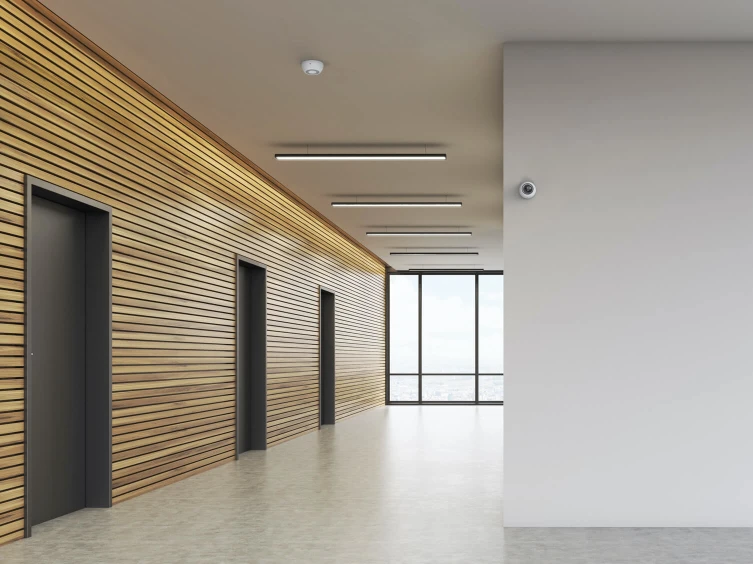
Types of Environmental Sensors
Environmental sensors can measure a wide range of factors, including temperature, humidity, air quality, noise, and more. There are many different types of environmental sensors available, each designed to measure a specific factor or set of factors. Some common types of environmental sensors include temperature sensors, humidity sensors, air quality sensors, and noise sensors. Each type of sensor uses a different technique or technology to measure the target environmental factor, and may have different features and specifications.
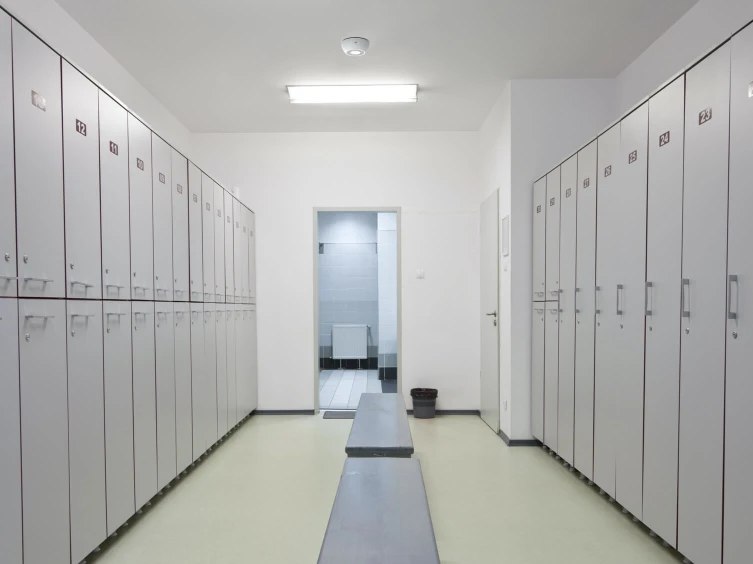
Uses of Environmental Sensors
Environmental sensors can be used in a variety of settings and applications, including homes, offices, factories, and other commercial buildings. Some common uses of environmental sensors include monitoring indoor air quality, detecting leaks and moisture, regulating temperature and humidity, and providing security and safety alerts. Environmental sensors can also be used to gather data and insights for research, analysis, and decision making.
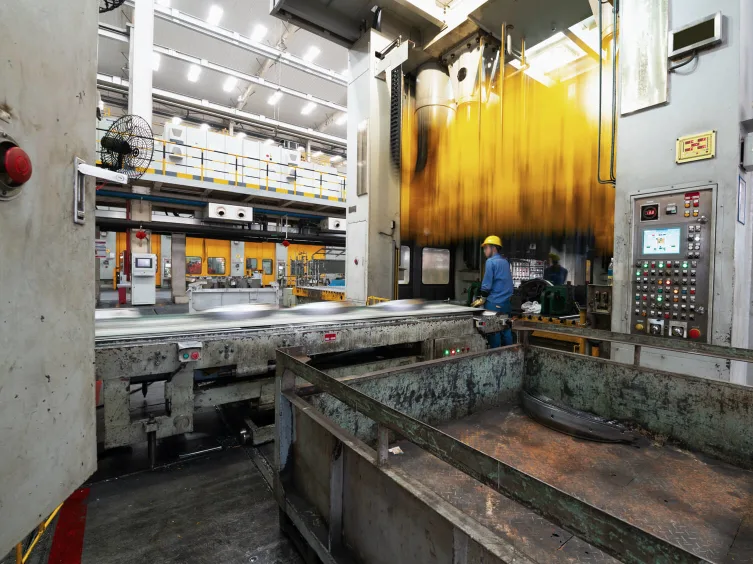
Advantages of Environmental Sensors
Environmental sensors offer a number of advantages over traditional methods of monitoring and controlling the environment. One major advantage is their ability to continuously monitor and collect data in real-time. This enables businesses and organizations to react quickly to changes or issues, and take timely action to prevent accidents or equipment failures. Environmental sensors are also typically more accurate and reliable than manual methods, and can provide consistent, objective data. Additionally, environmental sensors can be easily integrated into existing systems and automation processes, and can be remotely monitored and controlled.
Monitor Your Business
Environmental sensors are a valuable tool for businesses and organizations looking to improve safety, efficiency, and cost savings. By continuously monitoring various factors in the environment, such as temperature, humidity, and air quality, businesses can take timely action to prevent accidents and equipment failures, maintain optimal conditions for production, and comply with regulatory requirements and industry standards. If you are interested in learning more about how environmental sensors can benefit your business, consider booking a call with a specialist to discuss your specific needs and explore potential solutions.

